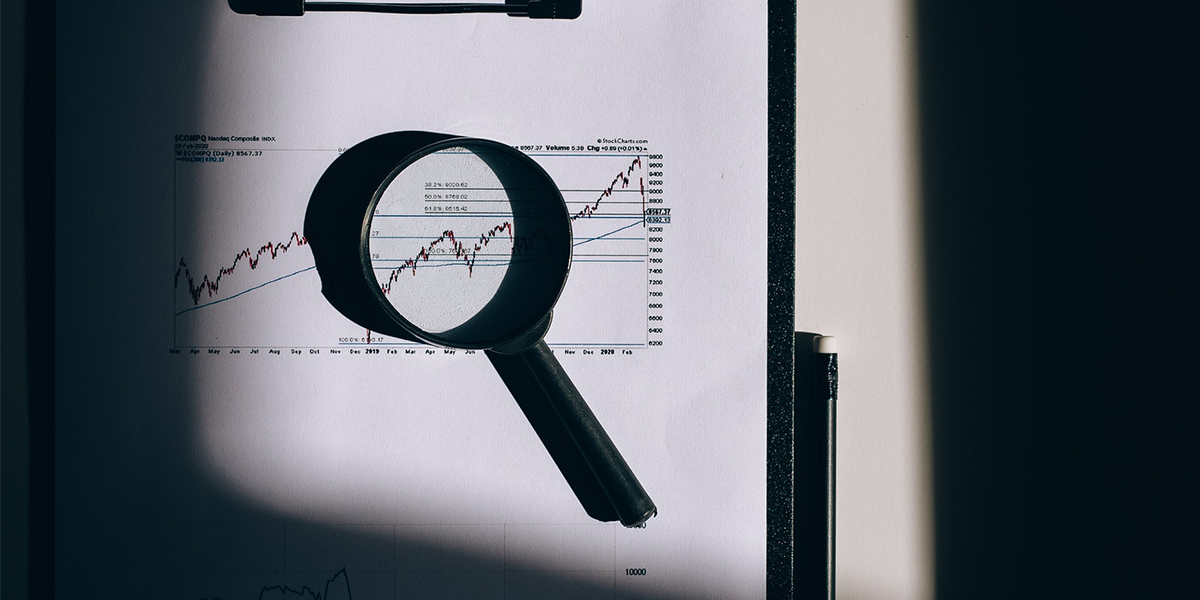Binghamton students team up with industry on data analytics projects
Students from the Master of Science in Data Analytics graduate program work with real-world data

With an emphasis on experiential learning, students in Binghamton University’s new Master of Science in Data Analytics program teamed up with organizations across a variety of industries on real-world data-based projects.
“These projects are one of the most valuable experiences in the program,” said Manoj Agarwal, program director and professor of marketing in Binghamton University’s School of Management. “Our students are working directly with professionals and learning firsthand how data analysis is used to answer managerial questions and develop strategies.”
The data analytics program, which began in fall 2020, is a collaboration among the School of Management, Harpur College of Arts and Sciences and the Thomas J. Watson College of Engineering and Applied Science. The partnership emphasizes the cross-disciplinary nature of the curriculum, with faculty from all the three schools teaching in the program.
“Every industry has a need not only for data analysis, but for individuals who know how to communicate insights and findings from the data,” Agarwal said. The program includes a special course on data visualization and communication.
The 30-credit STEM program takes only 10 months to complete. After introductory courses in the fall, students work on projects in the spring and summer in practicum courses. Organizations provide a large amount of data to the students and assign them to work on a problem or a task, regularly checking in on progress.
“The projects really let our students put the skills they learn to the test,” Agarwal said.
The process culminates with a final presentation, in which students share their analyses and findings.
The 2020-21 cohort worked on six projects (names of some organizations are withheld for confidentiality purposes):
- Analyzed data from a major investment bank on business-to-business sales to assess the current state of the market, derive insights and recommend strategies to increase business.
- Worked with a major automobile manufacturer to build predictive models to forecast sales trends. Students analyzed aggregate relationships between actions along the purchase funnel and conversion signals, such as lead generation and sales.
- Analyzed data from a local hospital on heart-related operating room costs. Students used information such as itemized consumables per case, duration, type of case and time to find relationships in outcomes such as length of stay and physician efficiency.
- Worked with a regional financial institution to determine the pandemic’s effect on transaction volumes at physical branch locations. This information helped determine how customer channel usage (physical branch visits, online banking, etc.) has changed since the start of the pandemic, and if those changes will continue after the pandemic, affecting future banking trends.
- Analyzed purchase data from a top software company to identify product recommendation strategies to fulfill consumer shopping needs. Students looked at products that were frequently purchased together to strategize ways for the company to make more effective purchase recommendations to customers.
- Analyzed data from the city of Syracuse, N.Y., on water billing, rental registry certificates and parcel data to create predictive models of what properties are likely to be rentals.
“The practicum courses were a really great experience because they allowed us to work with real-world data,” said Dylan Mitlof ’20, MS ’21, an alumnus of the program. “The problem-solving skills I learned are very valuable, and the wide-reaching content of the program surprised me.”
This sentiment was echoed by Ashok Patel, who came into the program with previous work experience in data analytics.
“They provide a great opportunity for students to use the acquired knowledge from the coursework by allowing them to work with real data in collaboration with real-world organizations. They give confidence to students that they can obtain jobs in this area and deal with these kinds of projects in their future roles,” he said.
With the first cohort of students having graduated over the summer, Agarwal is already organizing projects for this upcoming spring.
“We look for projects that involve reasonably large amounts of data, as well as organizations that are willing to interact with the students on a regular basis while they work on the projects,” said Agarwal. “It’s a win-win situation for both our students and the organizations we team with.”
To learn more about how your organization can team up with Binghamton’s MS in Data Analytics program, visit this link.

